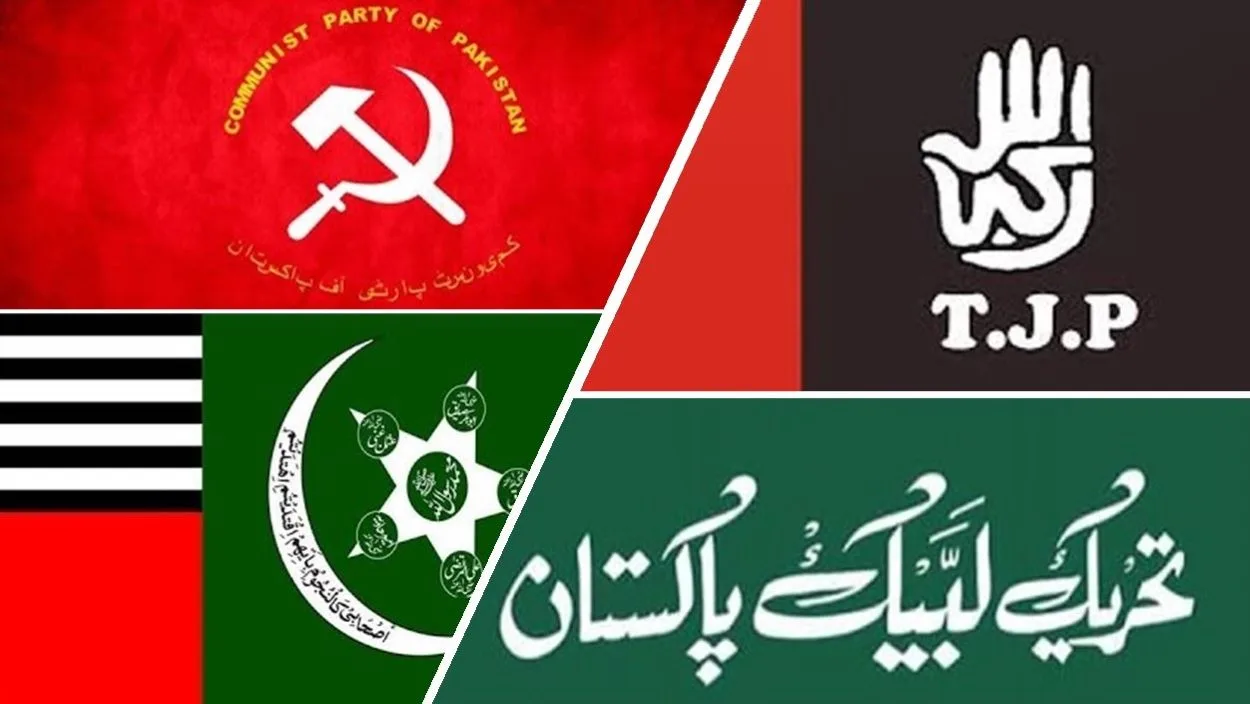Throughout its 75-year history of independence, Pakistan has been characterized by a political roller coaster, with the reins of power often seized by military-backed establishments for nearly half of this duration. Democratic governments, though elected with a legitimate mandate, have routinely found it challenging to complete their terms, facing interruptions and dismissals by presidents, generals, and, more recently, allied opposition parties.
The current political turmoil, unprecedented in Pakistan’s history, commenced in March of the previous year. The arrest of Imran Khan, Chairman of the Pakistan Tehreek-e-Insaf (PTI), by the National Accountability Bureau (NAB) acted as a catalyst, igniting widespread protests across the nation of over 220 million people. Under the directive of paramilitary forces, this arrest led to clashes between protesters and various security agencies. These protests set several government buildings and other valuable assets ablaze nationwide.
The atmosphere turned even more volatile when videos of masked protesters armed with sticks surfaced, storming the army’s headquarters in Rawalpindi. This led the leaders of the ruling Pakistan Democratic Movement (PDM), a coalition of 13 political parties, to demand stern action against the PTI. Under Khan’s leadership, the PTI had been in power from August 2018 until April 2022.
Amid this chaos, rumors about a potential PTI ban started circulating. However, the ruling alliance appears divided, leaving the party’s fate in the balance.
Pakistan has a long history of proscribing political parties that it perceives as threats to the state. Since 1954, five political parties have been banned:
Awami League:
The Awami League, led by Sheikh Mujeebur Rahman, was banned by President General Yahya Khan on March 26, 1971. The president accused the party of committing treasonous acts, running a parallel government, and creating an atmosphere of terror and insecurity. Allegedly, the party had insulted Pakistan’s flag, defiled the photograph of the nation’s founder, committed murders in the name of its movement, and subjected the armed forces to taunts and insults.
National Awami Party:
The Wali Khan faction of the National Awami Party (NAP) was formed after a split in the original NAP in 1967. As a result, it was banned twice during its eight-year existence: first under Yahya Khan’s government in 1971 and then under Zulfiqar Ali Bhutto’s government in 1975. Following its bans, the party was resurrected under the name National Democratic Party and later renamed the Awami National Party.
Jeay Sindh Qaumi Mahaz-Arisar:
Based in Sindh, this party was banned in May 2020 by the Ministry of Interior. The ministry also outlawed two allegedly militant groups — the Sindhudesh Liberation Army and the Sindhudesh Revolutionary Army — on “reasonable grounds” of involvement in terrorism. In addition, the Jeay Sindh Qaumi Mahaz-Arisar was known for vocal criticism of China’s Belt and Road Initiative.
Tehreek-e-Labbaik Pakistan:
The Government of Punjab banned this party on April 15, 2021, after a series of violent protests led to the deaths of several police officers. The ban was instituted under the Anti-Terrorism Act 1997 following a request from the provincial government and approval from the federal cabinet. The party filed a review petition later that month to lift the ban. Despite the prohibition, it was allowed to continue participating in elections as it was not delisted by the Election Commission of Pakistan (ECP). In November 2021, the government agreed to lift the ban on the party and released its detained chief, Saad Rizvi.
Despite these bans, some parties, like Tehreek-e-Labbaik Pakistan, were allowed to participate in elections. Others, like the National Awami Party, reemerged under new names. However, at this juncture, the future of the Pakistan Tehreek-e-Insaf (PTI) remains uncertain amidst the ongoing political turbulence in Pakistan.






